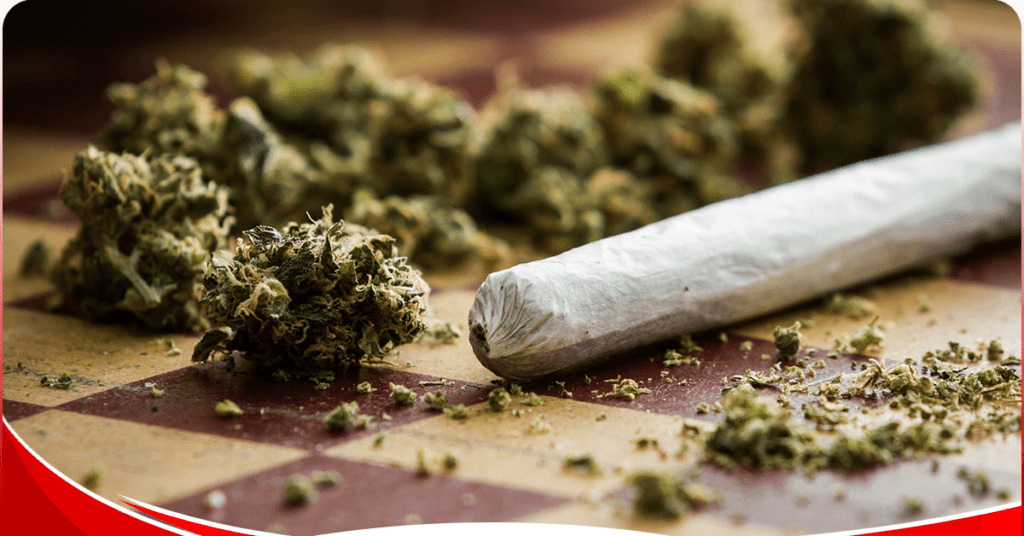In a recent NACADA survey on substance abuse, a disturbing trend has emerged, particularly among Kenyan youth.
The report revealed a significant increase in cannabis use and an alarming minimum age for initiation of substance use, including tobacco, alcohol, and drugs.

The NACADA survey revealed a shocking finding that adults are exposing children as young as six to tobacco use.
This disturbing trend highlights the need for strict enforcement of tobacco laws, as well as public awareness campaigns to discourage the exposure of children to tobacco products.
Furthermore, the report revealed that the myths and misinformation surrounding cannabis are leading to a false belief that the substance can reduce the effects of tear gas.
A widespread belief that marijuana can shield protesters from the effects of tear gas has been a major driver of drug use among university students, with many being introduced to drugs during demonstrations.

On February 13th 2025, the National Authority for the Campaign against Alcohol and Drug Abuse (NACADA) conducted a new study to assess the current trends in substance abuse.
Drugged out and depressed
This study revealed a disturbing rise in drug and substance abuse among university students, with a notable spike linked to last year’s Gen z –led demonstrations.
Emphasizing the urgency of the situation, NACADA CEO Anthony Omerikwa reiterated that drug abuse is not just a campus issue, but a national crisis affecting young people across Kenya.
Omerikwa stated that the report found that those who use marijuana are at a 2.3 times higher risk of developing depressive disorders than non-users.
The findings also highlighted the emergence of synthetic drugs, which are difficult to detect due to their legal chemical precursors.
As Kenyan authorities confront this growing issue, medical experts, authorities, and researchers must prioritize addressing misconceptions and debunking myths surrounding marijuana use and its societal consequences.











